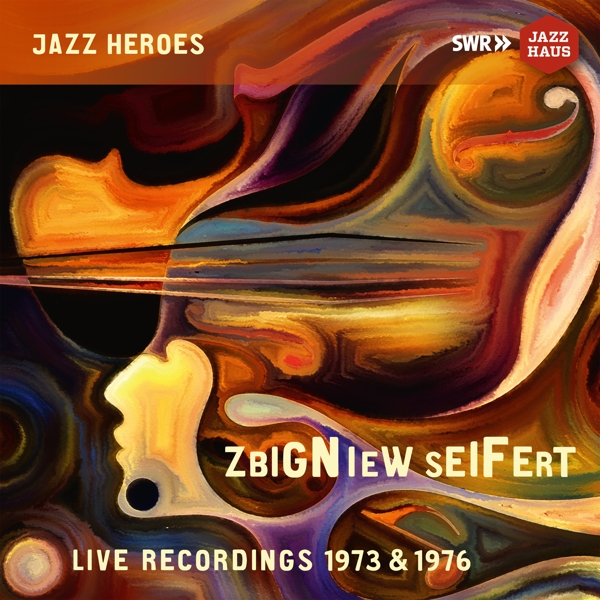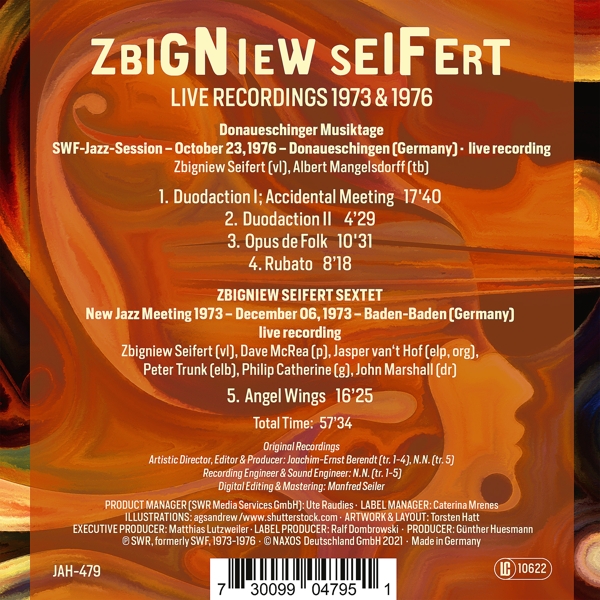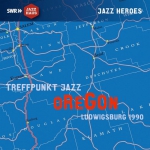Accessories |
My Account
|
Log In
|
English |
€ Euro |
Advanced Search
|
All Categories
BEST SELLER
500
NEW RELEASES
10.206
SPECIALS
242.215
Your search:
No selection
Filter results:
TECHNICS
297.072
GAMES/SOFTWARE
27.874
MUSIC
710.677
Mainstream Jazz
10.443
- AcidJazz/DanceJazz
83
- Avantgarde/Free
839
- Bebop
101
- Bossa Nova
299
- Cool
48
- Hard Bop
118
- Jazz Rock/Fusion
692
- Latin Jazz
855
- Other Modern Jazz
24.189
- PopJazz/SmoothJazz
668
- World-&Ethno-Ja.
376
|
Music Movie Audiobooks Merchandise Children's |

























